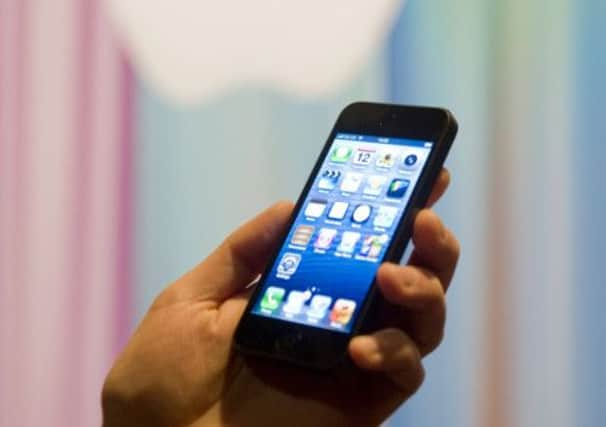Tech Talk: Casualties of the system


THE last time Apple released an “upgrade” to its mobile operating system, it managed at a stroke to make its millions of devices less functional than they had been a few minutes before. Out went YouTube and Google Maps; in came an in-house mapping system that was about as reliable as asking your mother-in-law for directions.
This year, Apple has acted early to manage expectations of its next release by releasing previews of what it calls a “whole new perspective” on its range of phones and tablets. Its new system, iOS7, does away with the traditional black-and-grey colour scheme in favour of a white, semi-transparent look. It sports a new “control centre” and updated versions of the Safari web browser and other components.
Advertisement
Hide AdAdvertisement
Hide AdIt will be available around September and, as usual with Apple, the upgrade will be free – so long as your iPhone or iPad is one of the more recent ones. First-generation iPads and iPhones before version four won’t be eligible. The autumn is also expected to see a slew of new Apples running iOS7, including an iPhone 5S, a lower-cost iPhone, and an iPad Mini with an improved screen.
The name of the game here is to keep Apple’s range of devices relevant and fresh-looking in the face of increased competition from Google’s Android system, which is more flexible and tweak-able than iOS but also less user-friendly.
The launch of a new operating system generates a great deal of excitement among the gadget cognoscenti, yet it’s really no more than window dressing. The system contains few actual apps; just the platform on which the more useful ones operate. This was never more apparent than last year when Microsoft announced a new version of Windows which broke all the rules by making life more difficult. The learning curve involved in Windows 8 – which didn’t even have the benefit of being free – has now prompted Microsoft to shift the whole project into reverse.
The superficiality of iOS7, too, is demonstrated by the fact that it does nothing to change the icons-only home screen. The interactive, functional widgets of Android phones are nowhere to be seen.
Advertisement
Hide AdAdvertisement
Hide AdInstead, there’s improved support for Apple’s latest money-spinner, iTunes Radio, which streams music to suit your tastes. This is a service which never figured highly on most people’s wish lists – but then, what Apple likes today, the rest of us will love tomorrow.